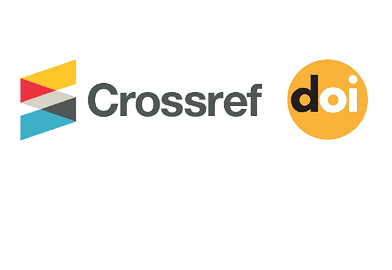Self-Efficacy as a Determinant of Depression Among Muslim Trainee Nurses in Pakistan
DOI:
https://doi.org/10.52461/pjap.v3i1.1124Keywords:
depression, self-efficacy, nursing students, Muslims PakistanAbstract
Objective of this research was to study the cognitive model of depression (i.e. self-efficacy) among Muslim trainee nurses in Pakistan. Self-efficacy is referred as the person’s beliefs in one’s competences to perform well in a specific situation. Researchers found that people with high level of self-efficacy take their tasks as challenge and cope effectively with their obstacles as compare to those with low self-efficacy as they face difficulty recovering from failures (Bandura, 1977). Studies further found that low self-efficacy have significant negative relationship with depression (Motl, McAuley, & Snook, 2007; Tahmassian & Jalali, 2011; Tak, et al., 2017) and interventions tailored to increase self-efficacy would reduce depression (Joekes, Elderen, & Schreurs, 2007; Wu, Chau, & Twinn, 2007). After literature review it was proposed that self-efficacy would predict depression in Muslim trainee nurses in Pakistan. Within group research design was used in this study and data was gathered from several schools of nursing situated in Karachi. The sample consisted of 294 Muslim trainee nurses of age’s 19-26 years (X = 21.05, SD=1.885) recruited by using purposive sampling technique. Demographic Form, Urdu version of Generalized Self Efficacy Scale (Tabasum & Rehman, 2003) and Siddiqui-Shah Depression Scale (Siddiqui & Shah, 1997) were used as research tools. Result Revealed that self-efficacy is a statistically significant determinant of depression in Muslim student nurses in Pakistan (r=-.324, p<.01). On the basis of findings, it could be concluded that trainee nurse having high self-efficacy are less likely to experience depressive symptoms.
Downloads
Published
How to Cite
Issue
Section
License
Copyright (c) 2023 Rabia Mushtaq, Riaz Ahmad

This work is licensed under a Creative Commons Attribution-NonCommercial 4.0 International License.
All the articles editorially accepted for publication by the Pakistan Journal of Applied Psychology (PJAP) are licensed under the Creative Commons Attribution-NonCommercial 4.0 International (CC BY-NC 4.0) Submitting a manuscript to PJAP, the author has to certify that he/ she is authorized by other contributors (s) and co-author (s) to enter the publication process.




